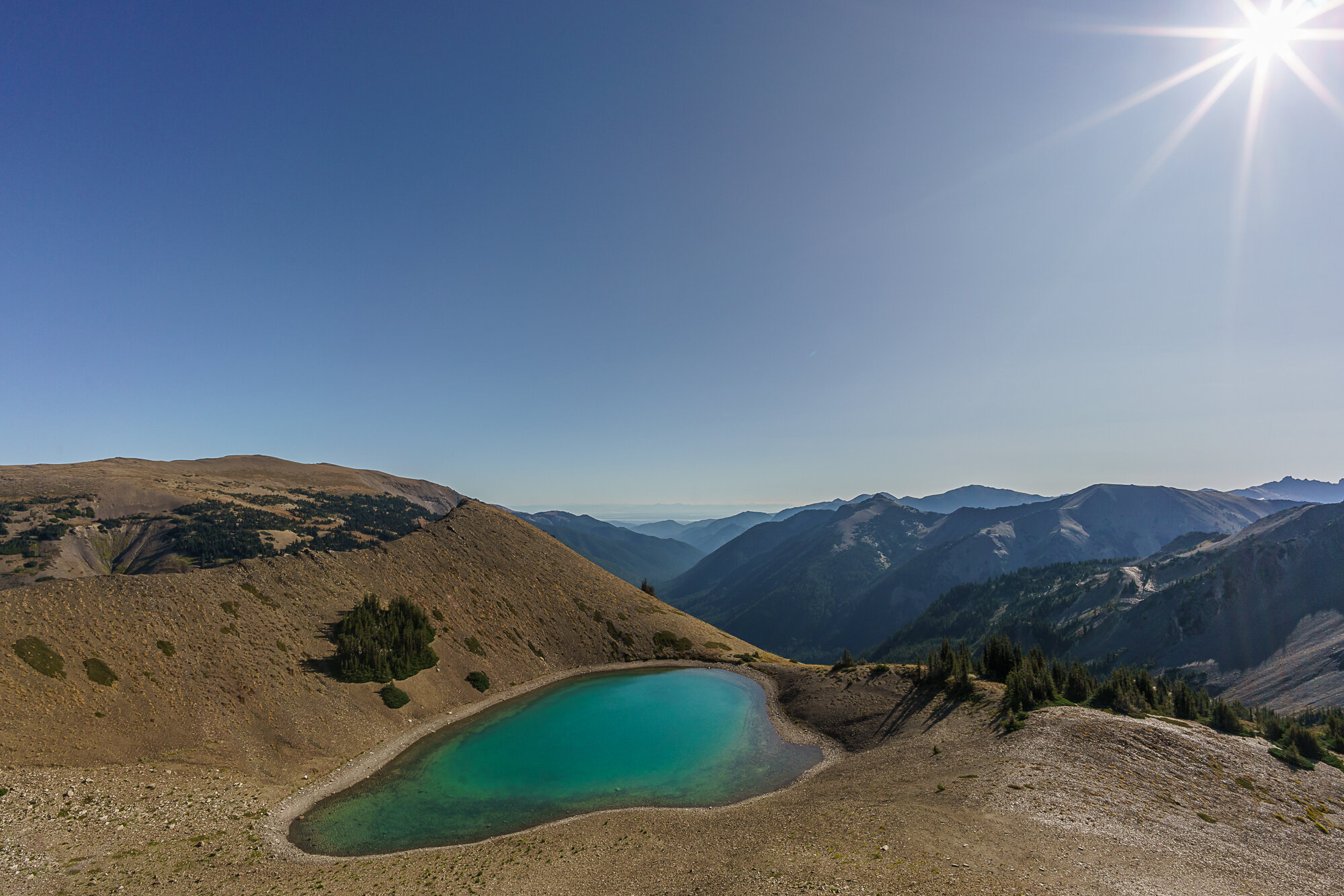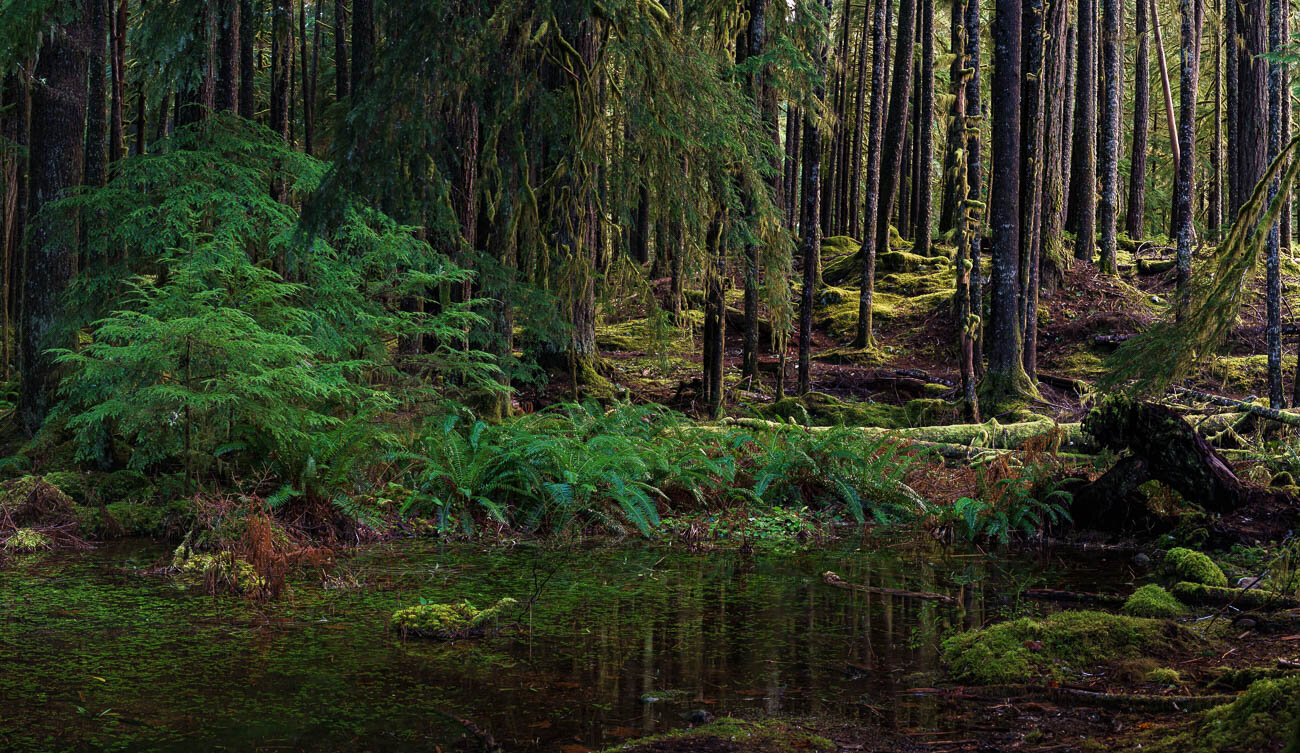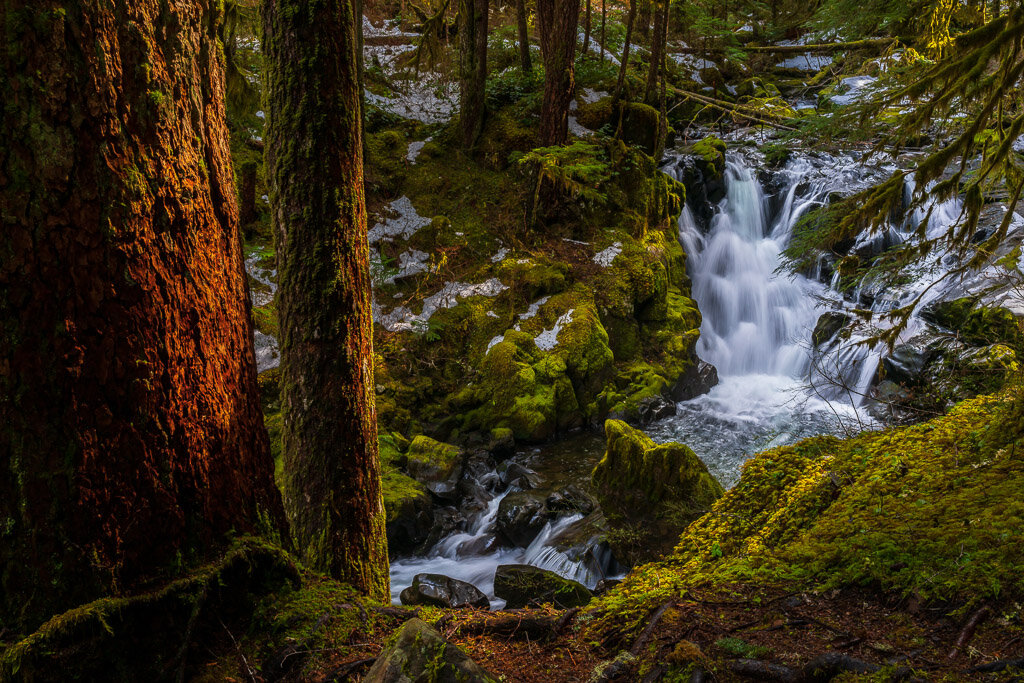
2018-2022 Ecosystem Protection and Recovery Plan
OUR STRATEGIES FOR ECOSYSTEM PROTECTION AND RECOVERY
Our members have identified 65 actions to help implement our strategies.

Our Primary (Tier A) Ecosystem Priorities
For more information and elaboration, download our goals.
Marine Shorelines and their Drift Cells
Large Estuaries and Embayments
Floodplains
Freshwater Quantity
Salmonids
Shellfish and Finfish Harvest
Vegetated Land Cover

Work On Our Primary Ecosytem Priorities (Tier A) Generates Cascading Benefits to These Other Priorities (Tiers B-D)
TIER B:
Freshwater Quality
Good Governance
Marine Water Quality
Sense of Place and Stewardship
TIER C:
Drinking Water
Economic Vitality
Freshwater Communities
Marine Communities
TIER D:
Air Quality
Cultural Wellbeing
Local Foods
Marine Communities
Marine Sediment Quality
Outdoor Activity
Marine Vegetation

We Have Identified 91 Data Gaps and Barriers to Accomplishing Our Goals
Local Data Gaps and Barriers:
39 data gaps (assessment and monitoring needs)
49 barriers (funding, capacity, enforcement, regulatory, policy, etc.)
General Needs:
Limited staff capacity to implement actions
Lack of reliable and sufficient funding for local actions that contribute to regional recovery
Limited staff capacity to coordinate our efforts
Download a detailed list.
